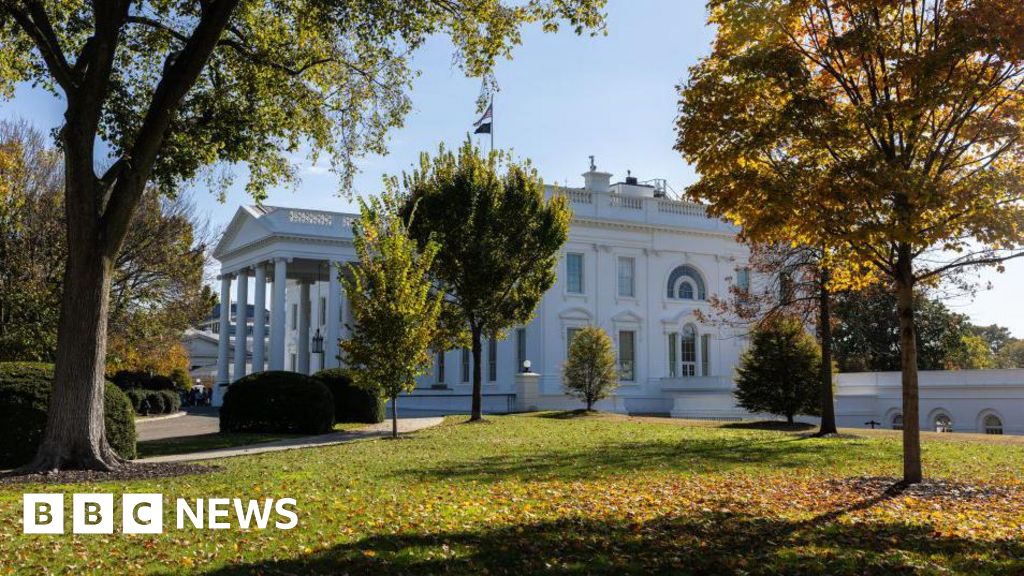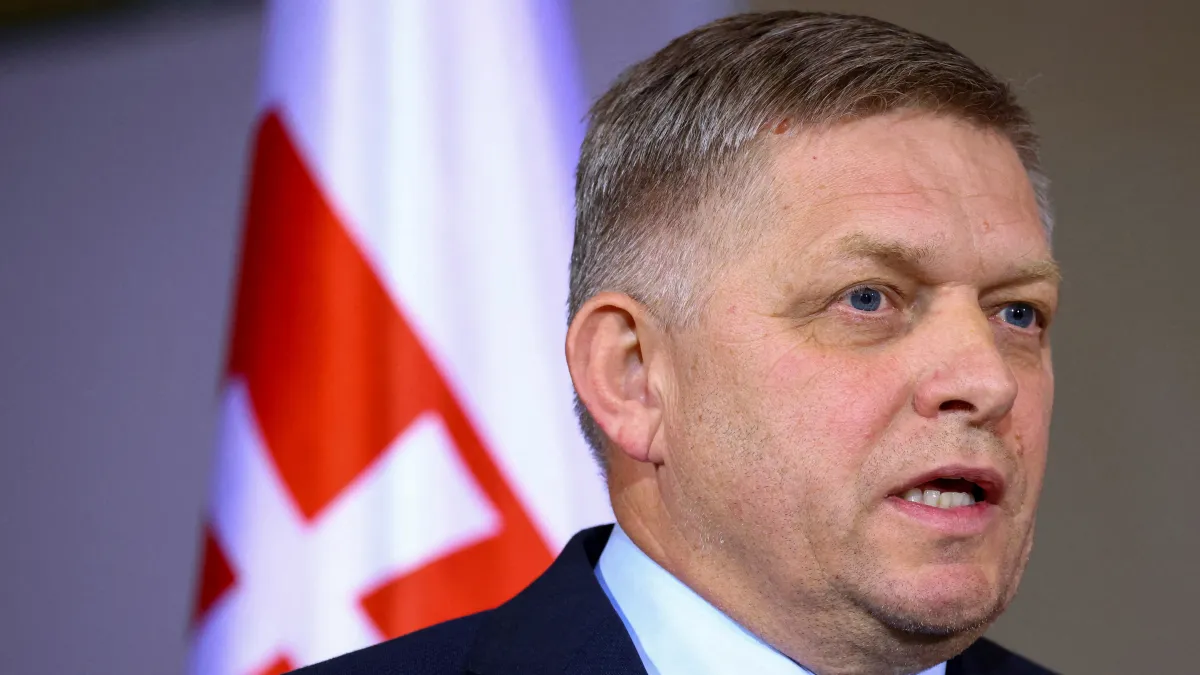Biden Administration Secures Release of Three Americans Held in China
In a major diplomatic victory, three Americans held in Chinese detention have finally returned home after a tense prisoner swap. Mark Swidan, Kai Li, and John Leung are now on their way back to the United States, marking a significant turning point in years-long efforts to secure their release.
“Soon they will return and be reunited with their families for the first time in many years,” a spokesperson for the National Security Council announced Wednesday, following months of high-level negotiations.
The complex exchange saw the release of three Chinese citizens held in U.S. custody. While official confirmation of identities was not immediately provided, Chinese authorities emphasized that the individuals had been “wrongfully detained” and praised their homecoming.
“Through the unremitting efforts of the Chinese Government, the three Chinese citizens wrongfully detained by the United States have returned to their motherland safely,” stated Chinese foreign ministry spokesperson Mao Ning. She added, “China has always been firmly opposed to the suppression and persecution of Chinese nationals by the United States for political purposes.”
The breakthrough comes after President Biden raised the issue of wrongfully detained Americans during his recent meeting with President Xi Jinping at the APEC summit in Peru. National Security Advisor Jake Sullivan also reportedly pressed for their release during his visit to China in August, underscoring the administration’s commitment to bringing the Americans home.
This victory adds to President Biden’s record of securing the release of over 70 Americans detained abroad during his presidency. This includes the recent return of Pastor David Lin, who had been imprisoned in China since 2006 before his release in September. These successes, achieved through diplomatic channels and strategic negotiations, highlight the administration’s dedication to advocating for Americans abroad.
The case of Mark Swidan, detained in China since 2012 and facing the death penalty on drug trafficking charges, had garnered significant international attention. Swidan, who denied the charges, was classified as wrongfully detained by the State Department and had raised concerns about his health throughout his years of imprisonment.
Likewise, the cases of Mark Li, arrested in 2016 on espionage charges and John Leung, sentenced to life in prison on espionage charges in 2023, have been protracted and complex, attracting criticism from the United States and human rights groups.
While details surrounding the details of the prisoner swap remain under wraps, it signals a potential shift in the fragile relationship between the United States and China. This diplomatic maneuver comes amidst ongoing tensions surrounding trade, technology, and geopolitical influence. The successful resolution of this hostage situation, however, offers a glimmer of hope for future collaborations and de-escalation on the world stage.
In the wake of these returns, the United States has lowered its travel advisory level for mainland China to Level 2: Exercise Increased Caution, indicating a slight improvement in the security assessment.
**How might the recent prisoner swap influence future negotiations regarding other Americans detained in China, potentially setting a precedent for future release strategies?**
## Interview: The Delicate Dance of Diplomacy: Prisoner Swaps and US-China Relations
**Introduction:**
Welcome to World Today News. Today, we delve into the recent prisoner swap between the United States and China, resulting in the release of three Americans detained in China. Joining us are Dr. Emily Chen, a senior research fellow at the Council on Foreign Relations specializing in US-China relations, and Mr. David Ramirez, a human rights lawyer with extensive experience advocating for the release of wrongfully detained individuals.
**Section 1: The Human Cost of Diplomatic Standoffs**
* **Interviewer:** Dr. Chen, this swap undeniably marks a victory for the families of the returned Americans. However, these individuals spent years imprisoned under seemingly trumped-up charges. How does this case highlight the human cost of geopolitical tensions between nations?
* **Interviewer:** Mr. Ramirez, you’ve dedicated your career to advocating for individuals caught in these situations. What are the psychological and emotional scars that prolonged detention can leave on these individuals and their loved ones, even after their release?
**Section 2: The Dilemmas of Prisoner Exchanges:**
* **Interviewer:** Dr. Chen, prisoner swaps are often criticism for potentially rewarding authoritarian regimes for hostage-taking. Do you believe that engaging in such exchanges sets a dangerous precedent, or are there times when they are necessary for humanitarian reasons?
* **Interviewer:** Mr. Ramirez, how do you balance the need to secure the release of unjustly held individuals with concerns about potentially legitimizing practices of arbitrary detention? What safeguards, if any, should be in place to mitigate these risks?
**Section 3: A Turning Point or Temporary Truce?**
* **Interviewer:** Dr. Chen, this exchange comes amidst a complex and often strained relationship between the US and China. Do you believe this development signals a genuine thawing of tensions or is it simply a tactical move by both sides?
* **Interviewer:** Mr. Ramirez, looking beyond this specific case, how can the international community work towards establishing stronger mechanisms for protecting individuals from wrongful detention and promoting accountability for state-sponsored hostage-taking?
**Conclusion:**
Thank you, Dr. Chen and Mr. Ramirez, for sharing your valuable insights. The release of these Americans is undoubtedly a cause for celebration. However, the complex web of diplomacy and human rights concerns surrounding this case underscores the urgent need for continued dialog and international cooperation to prevent future such situations.
**Note:** This is a sample interview framework. You may want to tailor these questions based on the specific expertise and perspectives of your chosen guests. Don’t hesitate to delve deeper into specific aspects of the case or explore broader geopolitical implications.


